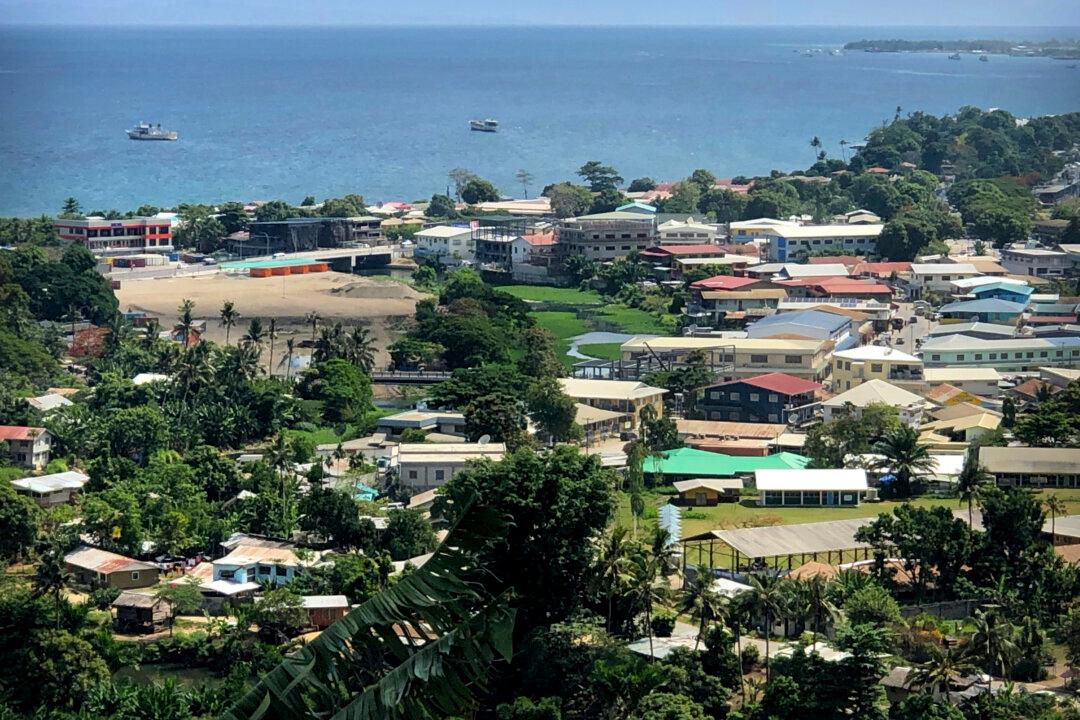A top U.S. diplomat is reportedly being dispatched to the Solomon Islands as concern mounts over a security agreement that would open the door for the Beijing regime to station troops and weaponry in the region.
Kurt Campbell, U.S. National Security Council coordinator for the Indo-Pacific, is set to travel to the Pacific nation this month, accompanied by Daniel Kritenbrink, assistant secretary of the Bureau of East Asian and Pacific Affairs, according to the Financial Times.





